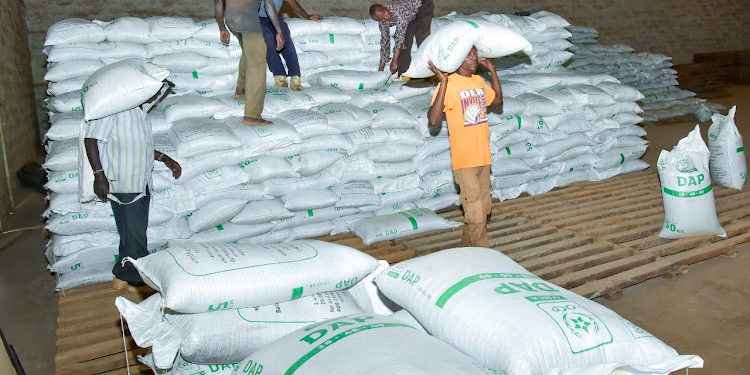Government subsidies aimed at lowering costs of maize flour and fertilizer to boost food security have fallen short of their goals due to poor planning and execution, Kenya’s auditor general said in a report Tuesday.
The maize flour subsidy program allocated KES 4 billion to millers to provide discounted flour to consumers and reduce prices during a period of high inflation last August. But auditors found “no mechanism of ensuring that the subsidized maize flour was sold to the final consumers at the subsidized price,” the report said.
The fertilizer program distributed discounted fertilizer to farmers late in the planting season, causing distribution delays that “undermined the urgency with which the amount was sought” from special government funding, according to the report.
“The objective of the sifted maize flour subsidy programme of mitigating the high cost of maize flour was not met,” the audit report stated, adding the fertilizer subsidy “was not in time for the planting season.”
The findings highlighted implementation challenges in the government’s use of extra constitutional funds to respond to economic shocks like rising food and fuel costs. Auditors said weak oversight of the withdrawal of KES 147 billion from special contingency funding contributed to misuse of funds in some cases.
The report said lonely bags of discounted fertilizer collecting dust in county warehouses did little to serve farming communities struggling with high input costs.
The report recommended improved guidelines for using contingency funds and public participation to improve accountability. Auditor General Nancy Gathungu also called for sanctions against officials who violate procurement and payment timelines.
















